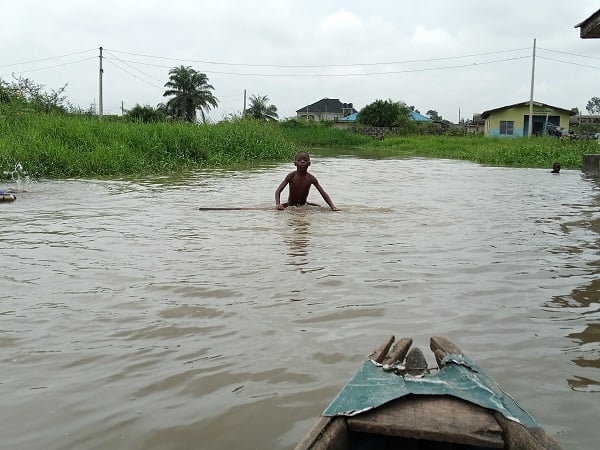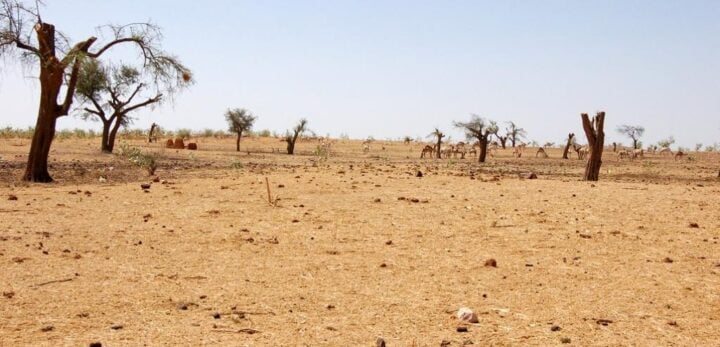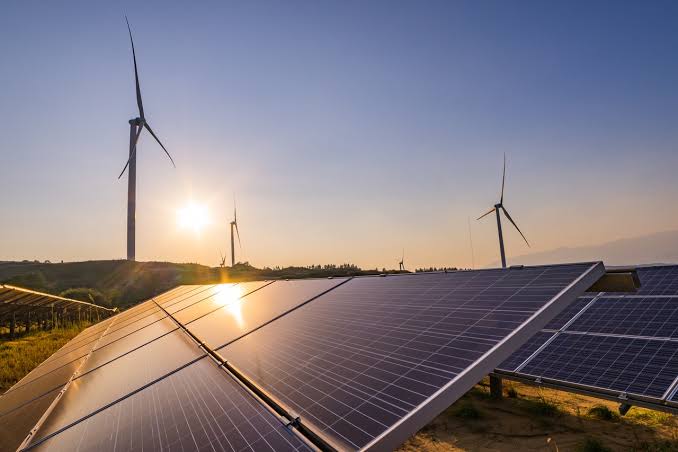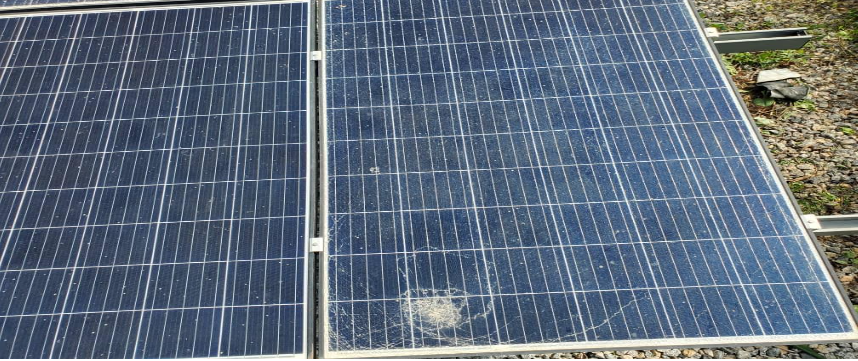Children swimming inside Itowolo flood
Despite directly impacting our communities, health, and livelihood, climate-related reports usually take a back seat to dominant news beats like politics and business. Climate Watch aims to ensure you never miss important stories on climate change and actions being taken towards limiting its impact.
Here is a round-up of last week’s climate stories:
- The Bauchi State Emergency Management Agency (BASEMA) says no fewer than 100 houses and several farmlands have been destroyed by devastating floods in Darazo LGA of the state. The flooding is an aftermath of three days of persistent rainfall in the area, according to the agency. Bala Lame, acting director-general of the agency, said the management has visited the affected area and carried out an assessment of the level of damage caused by the flood and would write a report for possible intervention. He said there was no reported case of death, injury, or case of missing persons during the flooding. As a preventive measure against future occurrences, the agency has cautioned the public against building on waterways and dumping refuse in drainages.
Advertisement
- As an act of promoting environmental sustainability, Dangote Cement Plc has planted 7,205 trees across Africa to commemorate the 2022 World Environment Day. In a statement released on Sunday, the company said part of its support for governments’ efforts is contributing to climate solutions aimed at reducing Nigeria’s carbon emissions. Michel Puchercos, the group’s managing director, said the company’s environment week programme supports African countries and the Nigeria Sovereign Investment Authority (NSIA) joint venture agreement to invest in carbon avoidance and offsetting projects. In carrying out the initiatives, Pucheros said the company engaged experts to build the capacity of employees, local communities, and other stakeholders on biodiversity conservation and progressive reclamation of mining sites.
- In Portugal, 11 large forest fires raged across parts of the country on Thursday, July 14, the National Emergency and Civil Protection Authority (ANEPC) reported. A total of 1,900 emergency workers are currently engaged in fighting the fires, the most concerning of which were in Aveiro in the north of the country, Leiria in the centre, Setúbal just 50 kilometres south of Lisbon, and Faro in the south. While the country is also suffering from a heatwave with temperatures of up to 45 degrees celsius, the ongoing drought and strong winds have helped the fires to spread, according to the ANEPC. At least 130 people have been injured in the course of the fires, with two suffering severe burns.
- An environment expert says trees are paying dearly for the high cost of kerosene and cooking gas as millions of people struggle to survive in Nigeria. Christian Madu, a professor of environment management and control, said the current development is eroding all gains made by the country over decades to ensure her people subscribe to clean energy use for both industrial and domestic purposes. According to Madu, environmental concerns have been placed on the back burner and the country’s commitment to join the international community on clean energy use is waning. He said the increment in the prices of kerosene and cooking gas has made the majority of the poor masses switch to firewood across the country. A litre of kerosene sells between N750 and N800 in fuel stations, while a kilogramme of cooking gas sells between N850 and N900 in cooking gas stations in most parts of the country.
Advertisement
- Lastly, the United Kingdom (UK) has issued a first-ever red warning for extreme heat, the highest-level alert by the met office, the country’s national weather service. This is an upgrade from the amber warning – the possibility of travel delays, road and rail closures, power cuts, and the potential risk to life and property – recently put in place. The met office said it expects “population-wide adverse health effects, not limited to those most vulnerable to extreme heat, leading to serious illness or danger to life.”
This story is published in partnership with Report for the World, a global service programme that supports local public interest journalism.
Add a comment





